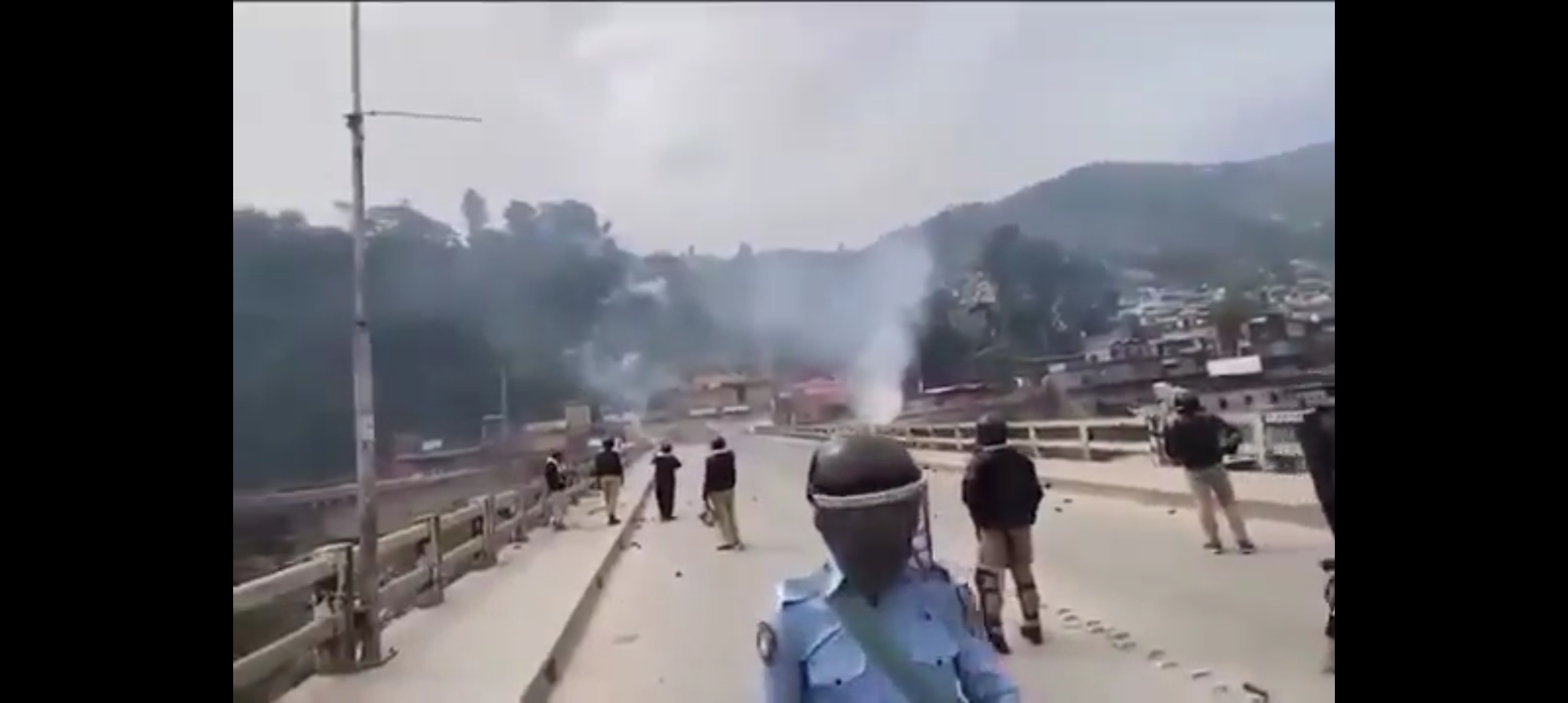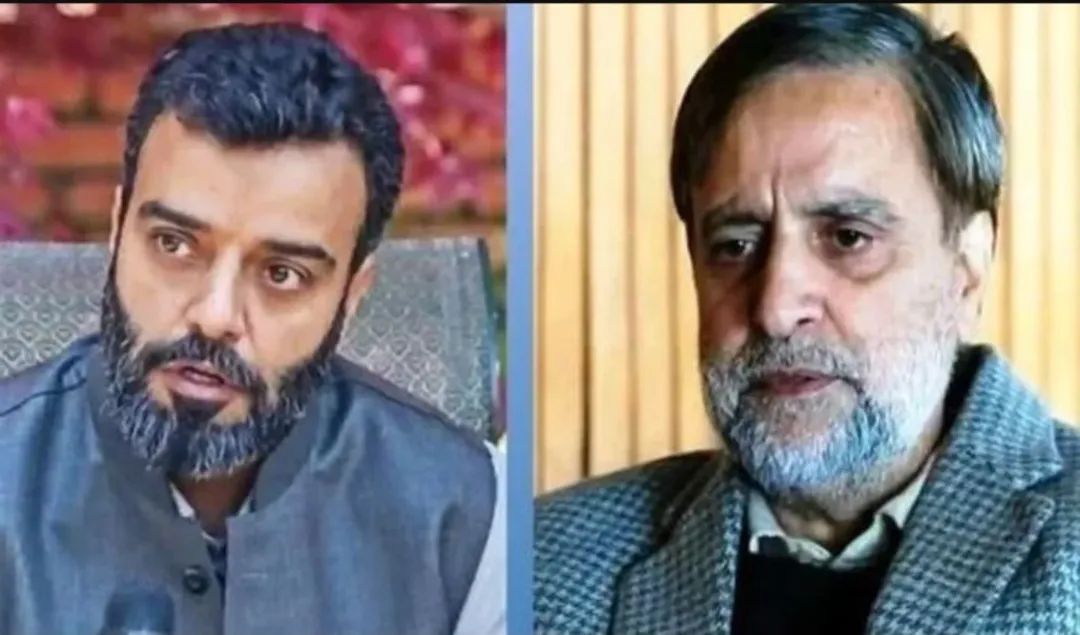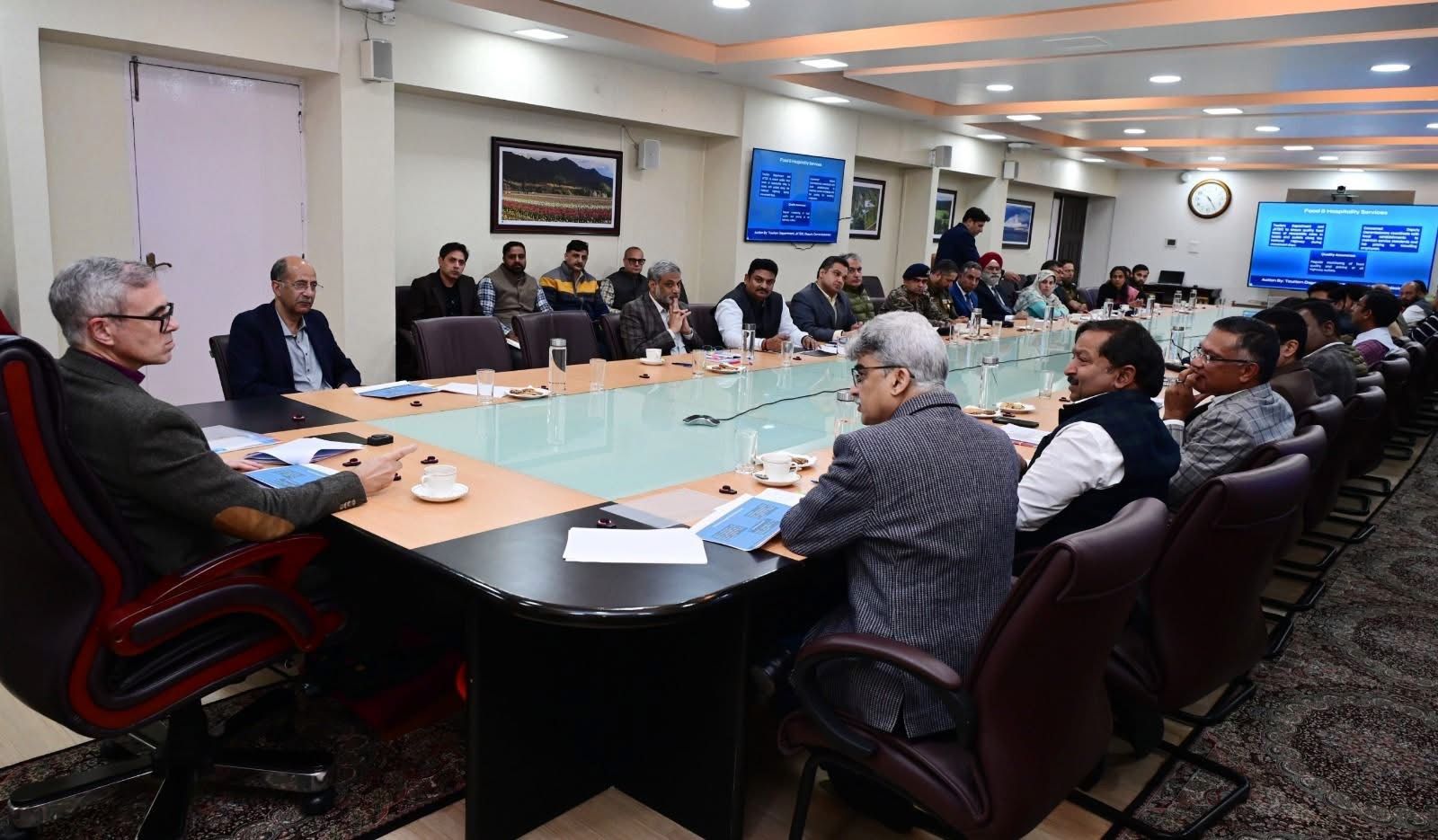
The world will once again turn its attention to climate change this November as the UN Framework Convention on Climate Change (UNFCCC) holds its 30th Conference of Parties (COP-30) in Belem, Brazil — the gateway to the Amazon rainforest. But unlike previous summits dominated by high-profile promises and complex negotiations, COP-30 is setting a different tone. Its focus: implementing already-known solutions instead of chasing new texts and declarations.
Shifting from Talks to Implementation
COP-30 President and Brazilian Minister André Corrêa do Lago has made it clear that the summit must bridge the long-standing gap between negotiation and implementation.
“Once we have a text, we must use it — not just wait for the next one,” he stressed at a pre-summit discussion organized by the Council on Energy, Environment and Water (CEEW).
This reflects a growing realization that the Paris Agreement, struck in 2015 at COP-21, already provides a strong framework. Yet, despite being historic, the Paris targets remain distant. Scientific reports warn that current commitments could still push global warming above 2.6°C, far beyond the safe limit of 1.5°C.
Why Governments Alone Can’t Deliver
The problem, experts argue, lies in the limits of multilateralism. Nations often stall progress due to competing interests. That’s why voices are growing louder for non-government actors — states, cities, businesses, and civil society — to take a front seat in climate action.
Ana Toni, CEO of the COP-30 Presidency, echoed this sentiment:
“The direction is clear — we need more renewables, reforestation, and resilient agriculture. The solutions exist, but we must accelerate them by involving actors beyond national governments.”
Lessons from Paris, Challenges Ahead
Veteran negotiators recall how the Paris Agreement itself was made possible through a back-room understanding between U.S. President Barack Obama and Chinese President Xi Jinping. But replicating such political breakthroughs looks unlikely in today’s fractured global landscape — especially with the U.S. again pulling out of the Paris pact under Donald Trump.
“This is a moment for other players, even cities in India, to step up and lead,” said Mohan Kumar, India’s former Ambassador to France.
The Money Question
Finance remains one of the toughest challenges. COP-29 in Azerbaijan secured a pledge of $300 billion annually by 2030 — a step up from the $100 billion target — but far below the $1.3 trillion needed to truly meet the Paris goals. Without stronger funding commitments, experts warn, implementation will remain a dream.
Why Belem Matters
With the Amazon rainforest as its backdrop, COP-30 carries symbolic weight. It represents not just a fight for global climate justice, but also Brazil’s attempt to reassert leadership on the climate stage. If it succeeds in moving the focus from endless negotiations to tangible, local-level action, COP-30 could mark a turning point in climate diplomacy.
The world has enough agreements. What it needs now is action, accountability, and speed.







